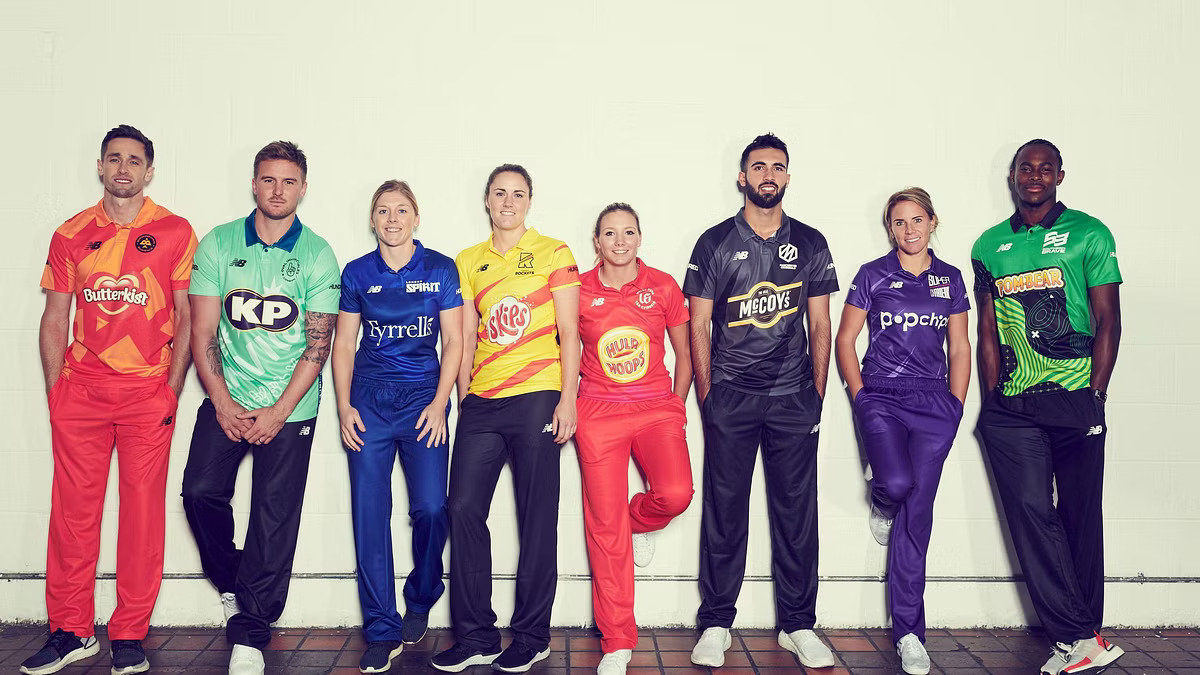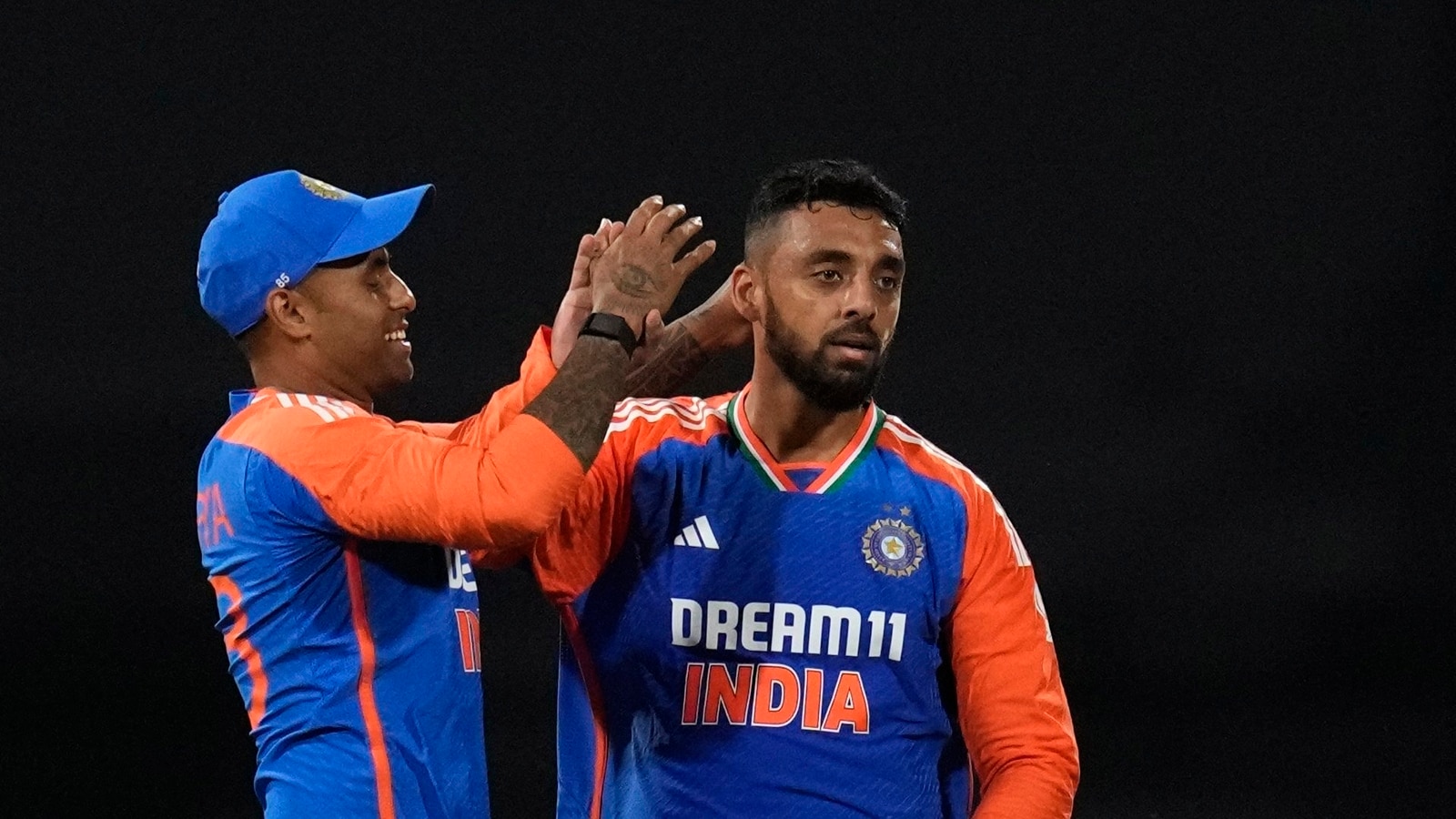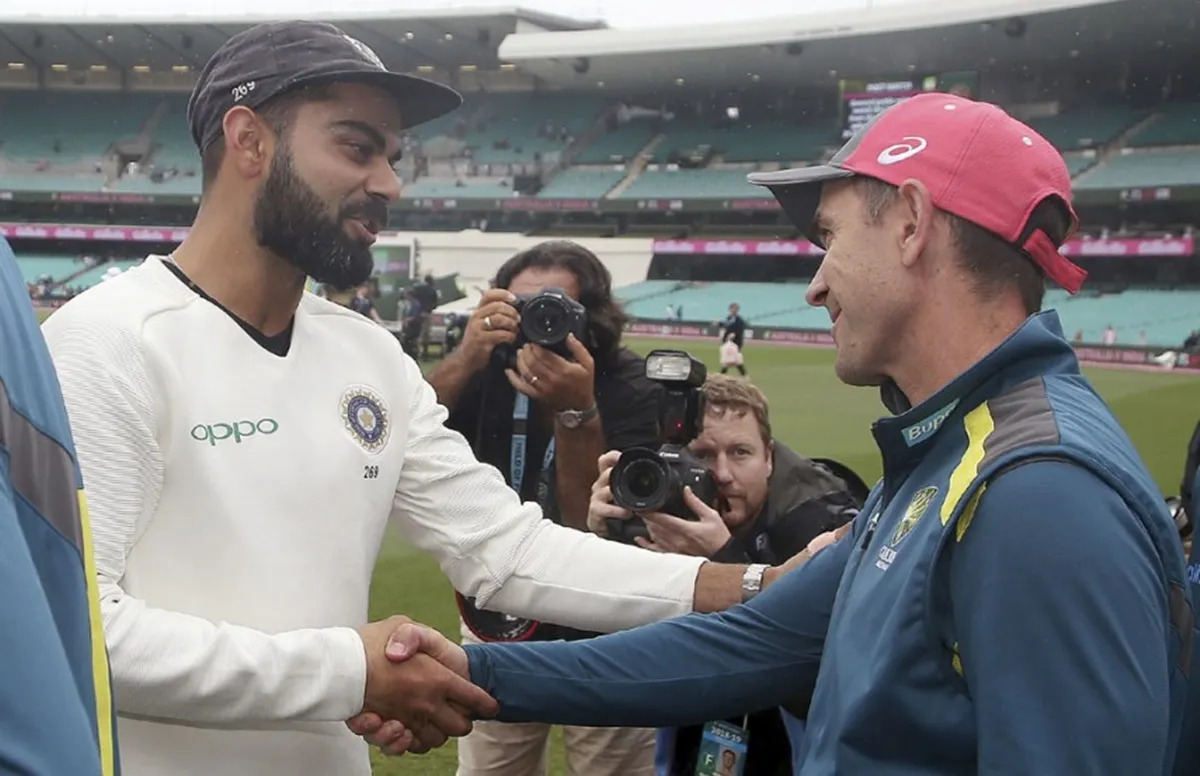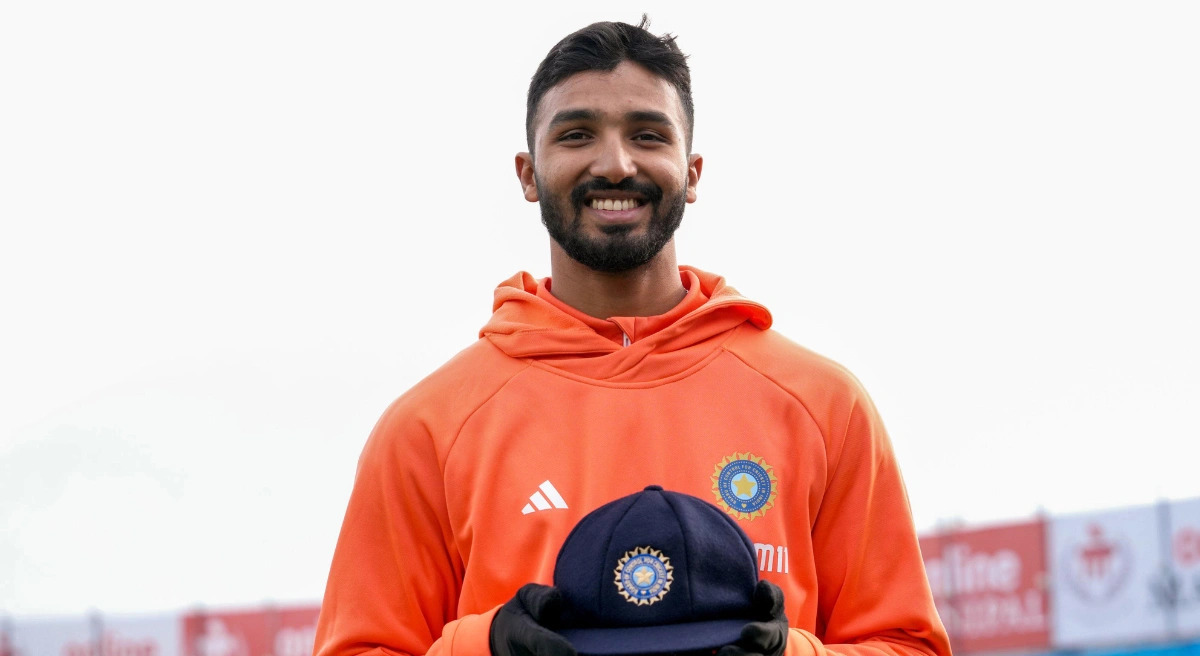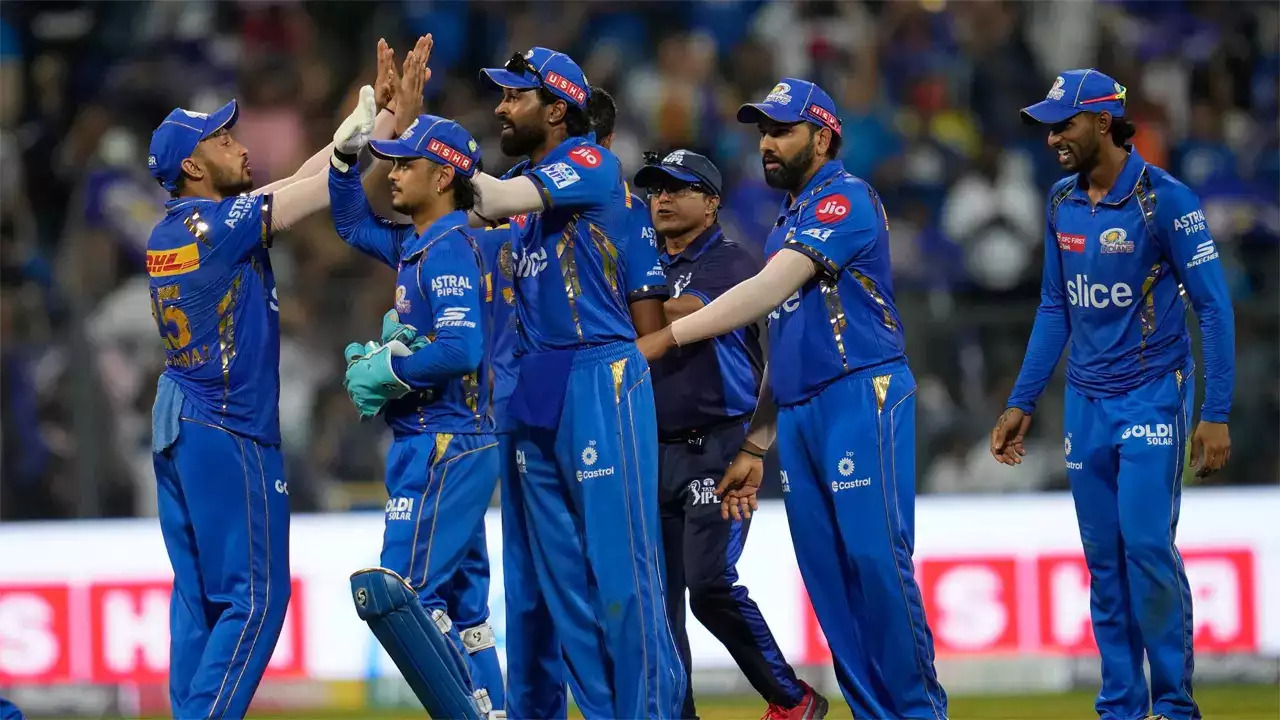As the English and Wales Cricket Board (ECB) proceeds with its intention to sell the Hundred, owners of Indian Premier League (IPL) franchises are indicating a strong desire to purchase teams. The existing ownership scheme, which caps their possible interest at 49%, has many people wary.
In its fourth season of operation, the ECB’s privatisation plan for the Hundred entails managing the eight teams as joint businesses. The proposed structure would provide the Marylebone Cricket Club (MCC), seven counties, and current hosts 51 percent ownership, with the remaining 49 percent going to private investors.
Potential purchasers have expressed reservations about this concept, especially IPL franchise owners who are used to having complete ownership and control. A head of an IPL-winning franchise brought attention to the difficulties with this joint venture strategy.
“Anyone who is new to this will find it unfamiliar as we are 100% owners of all the other franchise investments. That has very distinct dynamics. It will be a joint venture in this case. According to the CEO of an IPL-winning franchise stated, “There are several issues that come to the forefront right away. These include valuation, ownership, and operational matters.”
The Hundred will include the following legacy issues: Venky Mysore
During his recent visit to India, Vikram Banerjee, the head of business operations at the ECB, acknowledged these concerns. He pointed out that cricket operations and brand management are frequently at the centre of control problems. The ECB responded by introducing some flexibility into the procedure, with certain teams maybe willing to offer higher stakes in order to draw in investors.
“For many of them, it revolves around aspects such as brand. Many of them are passionate about cricket, and controlling the sport as well as other things, including basic majority stakes from an equity standpoint. We are aware of that and their current situation. Then, we incorporated that into the procedure,” Banerjee stated.
Although many prospective purchasers still find the majority stake to be problematic, not all of them are obsessed with control. An willingness to a reduced initial stake was stated by an IPL CEO.
“49% is a sufficient starting point. What percentage of that 49% makes up the total value is the important question. The CEO continued, “I would prefer to start with a tiny share with a rider that I would be allowed to take more of a stake with every passing year, or every five years, if that amount is too enormous, I’m not sure, and I see adequate returns.
The CEO of Kolkata Knight Riders, Venky Mysore, stressed the value of chemistry in successful partnerships. He pointed out that the capacity to collaborate over the long haul is more important than budgetary concerns.
Also Read: Reports: Ashish Nehra and Vikram Solanki are expected to go, and Yuvraj Singh will join the Gujarat Titans coaching staff
“The Hundred will also have legacy difficulties, just like any other joint venture. “The current shareholder group has been together for over a century, and now a new investor is joining, and you are cooperating,” Mysore remarked.




 Win Projections to be updated soon
Win Projections to be updated soon



















